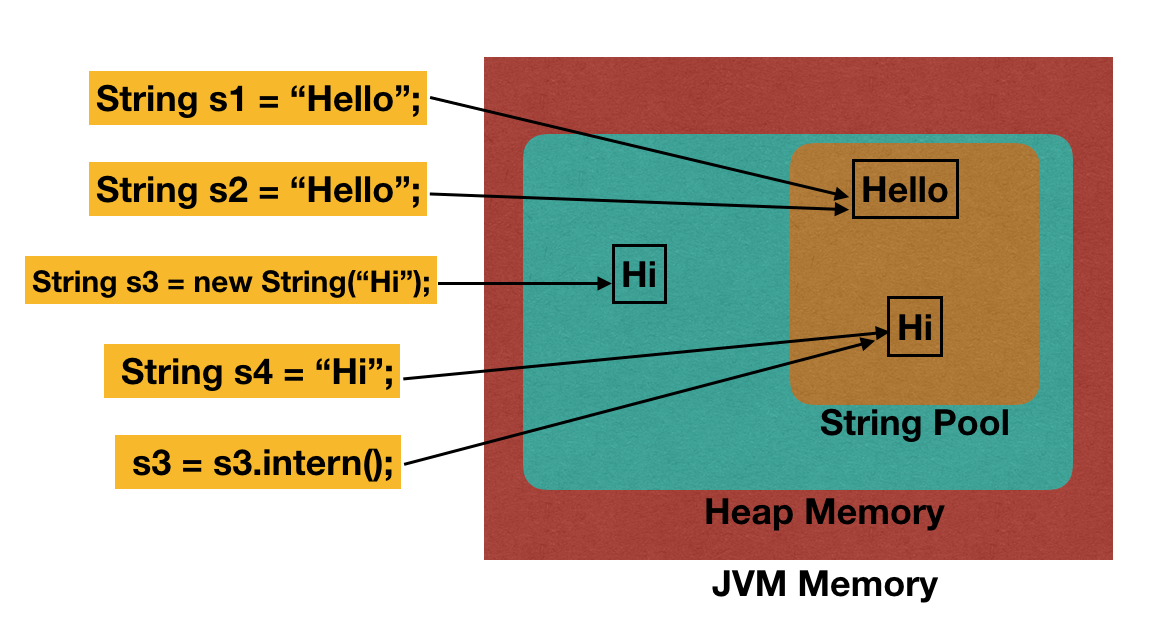Immutable Strings: A Key Element in Ensuring Information Consistency and Reliability
In the realm of information monitoring, the significance of immutable strings can not be overstated. These constant sequences of personalities play a critical role in promoting the honesty and precision of details within systems. By preserving a state of immutability, data consistency is made sure, fostering a foundation of dependability whereupon vital processes depend. The concept of unalterable strings transcends simple technicality; it is a cornerstone in the complex internet of information governance. As we discover the advantages, implementation techniques, and sensible applications of unalterable strings, a clearer image arises of their vital nature in securing the digital landscape.
The Principle of Immutable Strings
Immutable strings, a fundamental principle in programming, refer to strings that can not be changed as soon as they are created. Basically, when a string worth is appointed, any type of procedure that shows up to change the string really develops a brand-new string. This immutability makes certain data consistency and dependability in applications, as it protects against unforeseen modifications to the original data.
Advantages in Data Consistency

Data consistency is essential in various facets of software program growth, including data source management, multi-threaded environments, and distributed systems (Why are strings immutable in Java?). Immutable strings add substantially to attaining this consistency by avoiding information corruption due to simultaneous gain access to. In circumstances where several processes or threads engage with the exact same information simultaneously, immutable strings work as a secure against race problems and synchronization issues
In addition, the immutability of strings simplifies debugging and screening procedures. With immutable strings, programmers can trust that as soon as a string is set, it will certainly remain the same, making it easier to trace the source of mistakes and ensuring that test instances produce regular outcomes. This integrity in data managing inevitably brings about extra robust and secure applications.

Implementing Unalterable Strings
Making sure the immutability of strings needs a thoughtful approach to their execution in software application advancement. One essential approach is to make string classes in a manner that stops adjustments as soon as a string object is developed. By making strings unalterable, programmers can boost data uniformity and reliability in their applications.
To implement unalterable strings efficiently, designers must prefer producing brand-new string objects rather than customizing existing ones. This technique makes certain that as soon as a string is appointed a value, it can not be changed. Additionally, any type of procedure that shows up to change the string must develop a new string with the desired changes see here instead of modifying the original.
Additionally, making use of immutable strings can simplify concurrency administration in multi-threaded environments. Considering that unalterable strings can not be altered after development, they can be safely shared amongst numerous threads without the risk of data corruption.
Function in Reliability Guarantee
In software application growth, the application of unalterable strings plays an important function in making certain the dependability of data procedures. Unalterable strings, once developed, can not be changed, making sure that the information they represent remains regular throughout the application's execution. This immutability home provides a level of assurance that the data being processed will certainly not be accidentally transformed, leading to unanticipated results or errors in the system.
By incorporating unalterable strings into software program design, developers can enhance the dependability of their applications by lessening the dangers related to mutable information - Why are strings immutable in Java?. Unalterable strings assist in stopping data corruption or unplanned alterations, which can be especially vital when managing sensitive information or when information integrity is extremely important
In addition, using immutable strings simplifies simultaneous processing, as numerous strings can securely access and share string information without the threat of one thread changing the web content while one more reads it. This element contributes significantly to the general integrity of the software system, ensuring consistent and predictable Learn More Here actions in information managing procedures.
Applications and System Integration
The smooth integration of unalterable strings right into various applications and systems is pivotal for making sure robust data consistency and integrity across varied technical environments - Why are strings immutable in Java?. Immutable strings play a critical function in enhancing the integrity of information exchanges and interactions within facility software program communities. By integrating immutable strings right into applications, programmers can reduce the threats associated with data tampering, unauthorized adjustments, and inadvertent changes, thus strengthening the total safety and security posture of the system
In the context of system combination, unalterable strings act as a foundational aspect for developing secure communication networks and promoting seamless information transfers between various components. Their immutable nature makes sure that information transmitted between systems remains the same and verifiable, lowering the probability of variances or errors that might compromise the honesty of the whole system. Moreover, immutable strings can enhance interoperability in between diverse systems by giving a standard style for data representation, enabling a lot more efficient information handling and exchange methods throughout interconnected platforms. By adopting immutable strings in applications and look at this site system combination procedures, companies can strengthen their information framework and maintain the reliability and uniformity of their information possessions.
Verdict
Finally, unalterable strings play an essential function in keeping data uniformity and dependability in various applications and system assimilations. By guaranteeing that strings can not be altered as soon as developed, the stability of data is protected, reducing the threat of errors and variances. Implementing unalterable strings can considerably enhance the reliability of systems, eventually leading to even more reputable and exact information handling.
